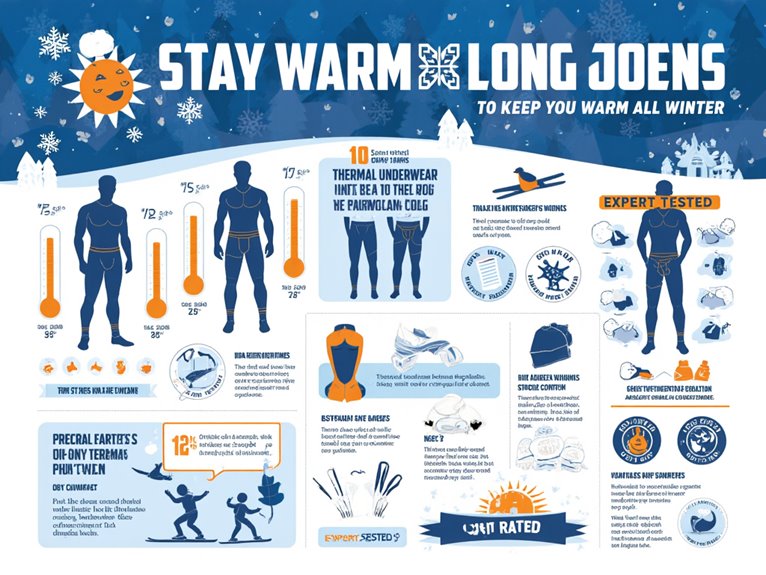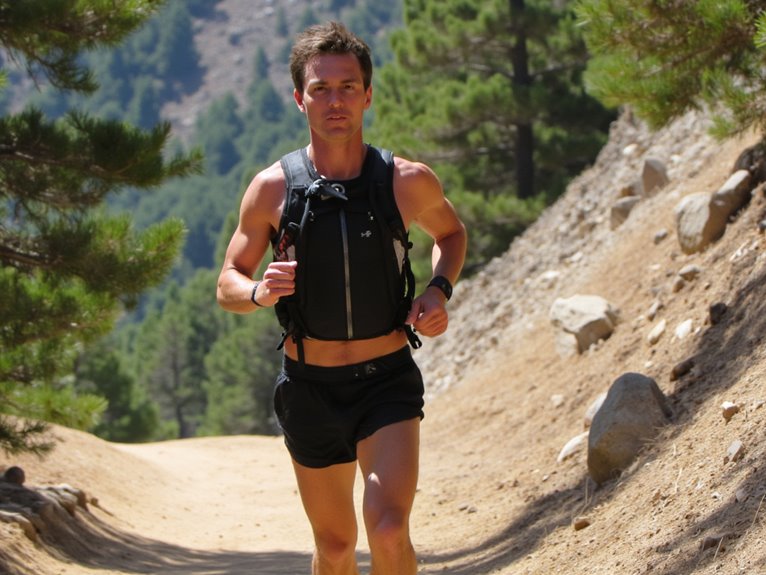Do You Lock Your Bike When Bikepacking?
When bikepacking in unfamiliar territories, securing your bike with a reliable lock is essential to protect against theft and minimize disruption to your adventure. A good lock can provide peace of mind, but it's vital to choose the right type of lock for your bikepacking trip, considering factors like weight, size, and security needs. A multi-layered locking strategy, clever bike positioning, and careful anchor selection can also help deter theft. By taking these precautions, you can guarantee a more carefree bikepacking experience – and exploring these strategies further can help you pedal further with confidence.
We are supported by our audience. When you purchase through links on our site, we may earn an affiliate commission, at no extra cost for you. Learn more. Last update on 31st December 2025 / Images from Amazon Product Advertising API.
Bikepacking in High-Risk Areas
When venturing into high-risk areas, such as crowded city centers, popular tourist destinations, or high-crime neighborhoods, it's essential to be extra vigilant about securing your bike to prevent theft or vandalism.
Bikepacking in these areas requires additional precautions to safeguard your bike remains safe. Always research the area beforehand to identify potential hotspots for bike theft.
Upon arrival, survey your surroundings, taking note of any suspicious activity or potential hiding spots for thieves.
When locking your bike, choose a well-lit, highly visible location, such as a designated bike rack or a lamppost.
Avoid locking your bike in isolated areas or near potential escape routes for thieves.
Types of Bike Locks to Use
Among the myriad options available, selecting the right bike lock is essential to ensuring the security of your bike while bikepacking.
In terms of types of bike locks, you have three primary options: U-locks, chain locks, and cable locks.
U-locks offer the highest level of security, with a rigid design that makes them difficult to cut or pry open.
Chain locks, while still secure, offer more flexibility than U-locks and are ideal for locking to larger objects.
Cable locks are lightweight and easy to carry but are the least secure of the three options.
Consider the weight, size, and security needs of your bikepacking trip in determining the right lock for you.
Locking Strategies for Bikepackers
When bikepacking, it's essential to develop effective locking strategies to safeguard your valuable gear and bicycles.
A well-thought-out approach involves not only choosing the right lock but also selecting secure parking locations and carefully locking up your valuables.
Locking Up Valuables
To safeguard the security of your gear, adopt a multi-layered locking strategy that combines clever bike positioning with carefully chosen locks and anchors. This approach will help deter opportunistic thieves and protect your valuables.
When locking up, consider the following:
- Use a high-security U-lock or chain lock to secure your bike to a fixed anchor point.
- Supplement with a secondary lock, such as a cable lock or folding lock, to protect wheels and accessories.
- Position your bike in a high-visibility area to deter theft.
- Keep valuables such as GPS devices, tools, and personal items locked away or carried with you.
Secure Parking Strategies
By carefully selecting parking locations and employing strategic locking techniques, bikepackers can substantially reduce the risk of theft and enjoy a peaceful night's rest.
When searching for a parking spot, look for well-lit areas with high foot traffic, such as outside a local business or near a campsite's amenities.
Avoid isolated or hidden areas that may attract thieves.
Consider parking near other bikes or in a designated bike parking area, as thieves tend to target solo bikes.
Additionally, try to park in a way that makes it difficult for thieves to quickly roll your bike away, such as by parking near a fixed object or in a narrow alleyway.
Pros and Cons of Locking Up
When considering the decision to lock your bike while bikepacking, it's essential to weigh the pros and cons of locking up.
On one hand, securing your bike can provide peace of mind and protect against theft, but on the other hand, it can also add bulk and weight to your setup, hindering convenience and mobility.
Risk of Theft
Most bikepackers would agree that securing their bike is a necessary evil, as a stolen bike can quickly turn a dream trip into a nightmare.
The risk of theft is a frightening reality, especially when venturing into unfamiliar territories. Leaving your bike unattended, even for a short period, can be risky.
Some of the key risks to bear in mind:
- Opportunistic thieves who target high-value bikes
- Organized crime rings that specifically target bikepackers
- Theft in crowded areas, such as train stations or popular tourist spots
- Bike theft in rural areas, where help may be far away
Convenience Vs Security
While bike security is essential, the need to constantly secure and release your bike can be a significant inconvenience, adding time and hassle to an already complex logistical equation.
Bikepacking requires a delicate balance between convenience and security. On one hand, locking up your bike provides peace of mind, especially in high-risk areas.
On the other hand, the constant need to release and resecure can be frustrating, especially when you're trying to cover long distances.
This trade-off is pivotal, as wasting time fiddling with locks can hinder your progress and overall experience.
Ultimately, finding the right balance between security and convenience is key to a successful bikepacking trip.
When to Lock Your Bike
During extended stops, such as overnight camping or meal breaks, it's essential to lock your bike to a secure anchor point. This is especially vital in high-traffic areas or when leaving your bike unattended for an extended period.
When stopping at a crowded trailhead or parking lot, locking your bike is a must.
During meal breaks at restaurants or cafes, it's crucial to secure your bike.
When camping overnight in a public campground, don't leave your bike unlocked.
When leaving your bike outside a hotel or motel room, always lock it.
Alternatives to Traditional Locks
In situations where traditional locks may be impractical or too cumbersome, alternative security measures can provide peace of mind without weighing you down.
One option is to use a strong, lightweight cable or strap to immobilize your bike's wheels or frame, making it difficult for thieves to ride away.
Another alternative is to invest in a smart lock that can be controlled and monitored remotely through a mobile app. These locks often include features like GPS tracking, alarm systems, and alerts for suspicious activity.
Storing Valuables on Your Bike
When bikepacking, it's essential to weigh how to securely store valuable items like wallets, phones, and cameras on your bike, as carrying these items in a backpack or panniers may not always be practical or convenient.
Stashing these items on your bike requires careful thought to prevent loss or damage.
Attach a handlebar bag or accessory mount to store small items within easy reach.
Utilize frame-mounted storage solutions, such as a top tube bag or downtube storage.
Consider a saddle-mounted bag or seatpost-mounted container for storing smaller items.
Look into bikepacking-specific storage solutions, like stem-mounted bags or fork-mounted storage systems that need examination.
Peace of Mind on the Trail
Most bikepackers agree that locking their bike is essential to enjoying peace of mind on the trail.
When you know your bike is securely locked, you can focus on the ride, take in the scenery, and enjoy the experience without worrying about your gear.
A good lock provides a sense of security, allowing you to leave your bike unattended while you grab a snack, take a break, or visit a scenic viewpoint.
This freedom from worry is invaluable, as it lets you fully immerse yourself in the bikepacking experience.



